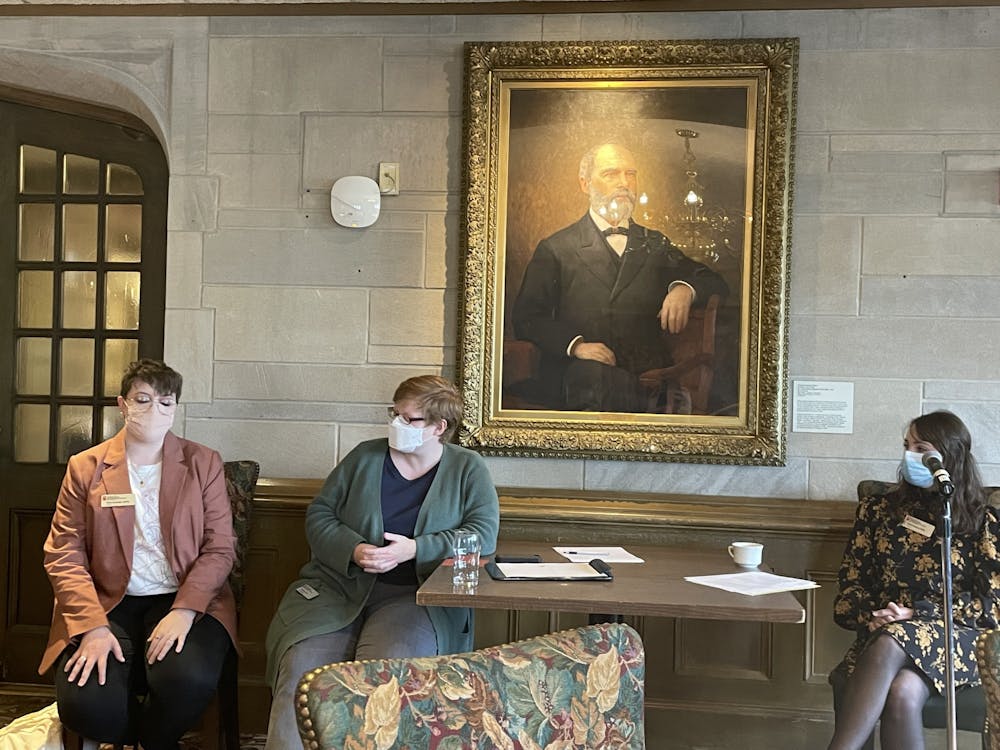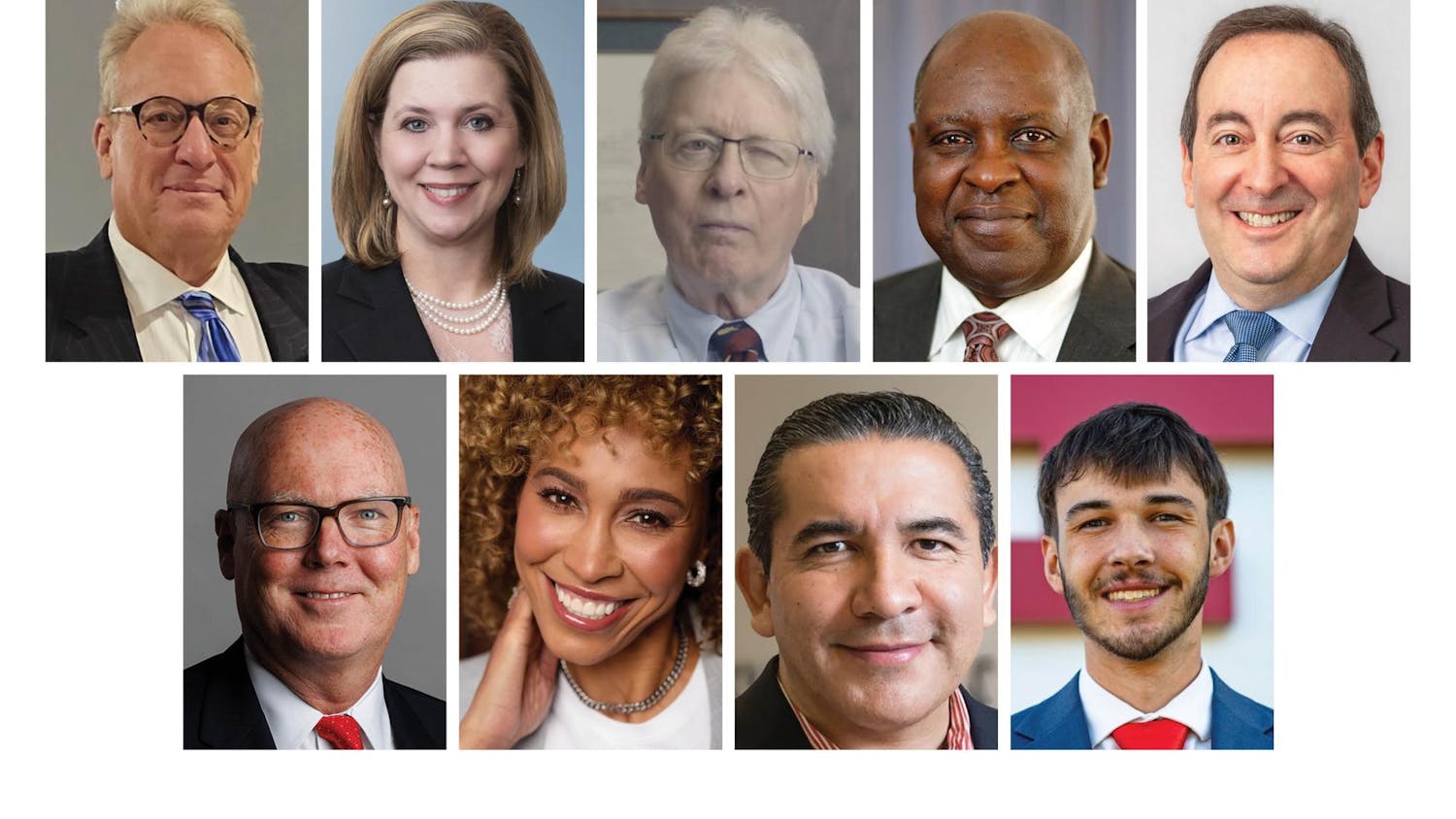IU’s Center of Excellence for Women and Technology led a self-care event Wednesday as part of its Empowerment Series. The conversation between the three speakers, counselors from IU’s Counseling and Psychological Services, focused on long-term stress felt by individuals enduring systems of oppression.
Kat Hayes, psychologist with the Student Health Center, opened the seminar with a quote from Audre Lorde that described her experience with overextension in a society that she felt does not value women and minorities.
“Caring for myself is not self-indulgence, it is self-preservation,” Lorde wrote in her book, “A Burst of Light.”
Hayes said when examining the experiences of people like Lorde, a queer woman of color, it’s important to examine how stress can derive from larger social systems.
“This is a political conversation,” Hayes said. “It is a radical one, in the sense of going to the root of the issue. Something’s going wrong in the system if that stress is every day.”
Hayes said people of minority identities, especially women and people of color, are prone to experiencing stress in response to daily racism, sexism or other systemic issues. She said this stress can manifest physically and emotionally, leading to an increase in mental and physical health issues within oppressed communities.
CAPS counselors Sierra Schaidle and Melissa Anderson were also speakers at the event. Each of their talks briefly examined the ways that a lack of self-care can affect an individual, as well as coping techniques for those enduring serious stress in their workplaces or personal lives.
Both Hayes and Schaidle referenced a Facebook post by Canadian community organizer Nakita Valerio in which she said, “Shouting ‘self-care’ at people who actually need ‘community-care’ is how we fail people.”
Each of them emphasized the importance of sustaining a practical support system, rather than viewing self-care as another individual to attend to.
“We are not nearly as self-sufficient or as independent as we like to believe that we are,” Schaidle said. “We are extremely reliant on other people in all sorts of communities.”
The speakers said setting boundaries is necessary to resolve stress in both personal and professional spaces. Anderson said boundaries can be especially difficult for women to enforce, as they are often socialized to be polite, and take on emotional labor in their relationships.
She said women are more likely to take on jobs at home, such as caring for elderly parents, in addition to extra projects in the workplace. To cope with this subsequent stress, Anderson said women should set boundaries based on how that stress affects them.
The program’s Graduate Male Advocates and Allies Assistant Oliva Copeland said she thinks stress is a particularly relevant topic to women and minority undergraduate students.
“Once you move beyond college, it’s your time to start being on your own and start being self-sufficient,” Copeland said. “So the beauty of this kind of conversation is it’s getting those gears turning before you’ve even left school, before you’ve left college.”
Ph.D. student Vanessa Johnson, who attended the event, said she would be sending information from the seminar to her daughter, a 19-year-old college student.
“It’s speaking to things that students really need,” Johnson said.
Johnson said she appreciated the intimacy of the event and the opportunity for those attending to connect.
“I think it creates a safe space for people to talk about the issues that they have,” Johnson said.




